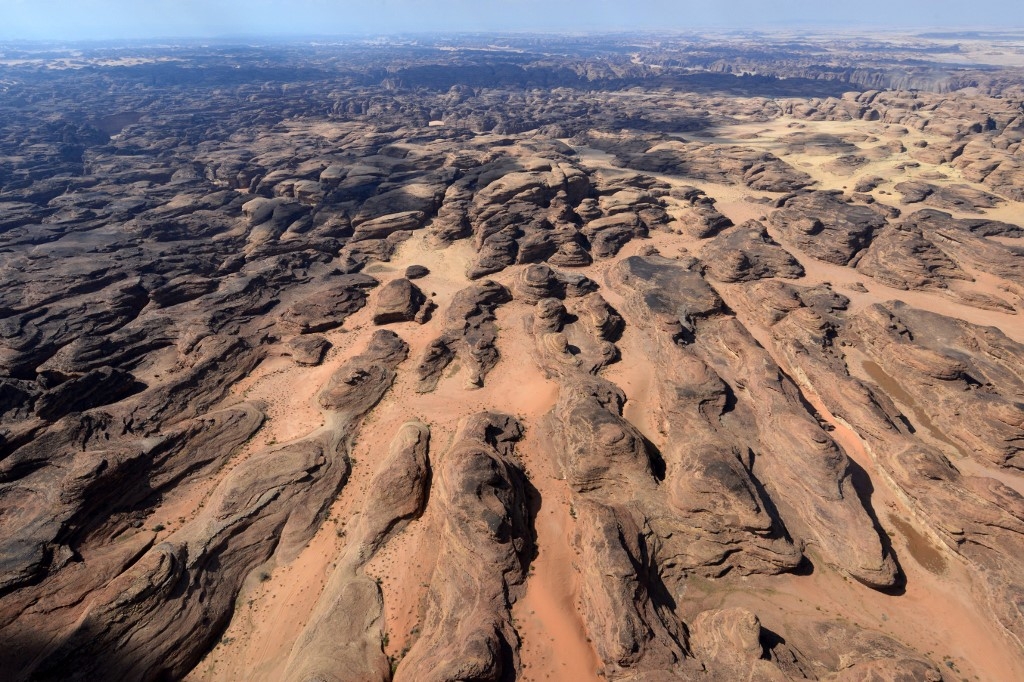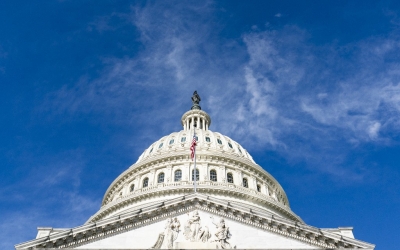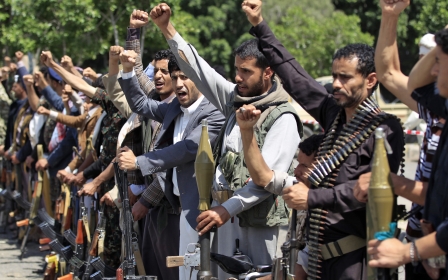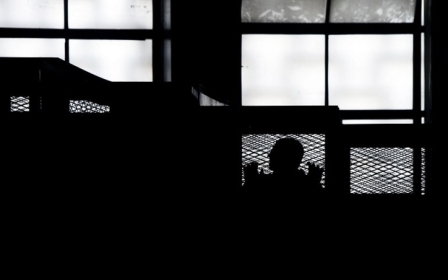Saudi Arabia constructs facility for extracting uranium yellowcake: Report

Saudi Arabia has constructed a facility - with assistance from China - to extract uranium yellowcake from uranium ore, the Wall Street Journal (WSJ) has reported, citing western officials with knowledge of the matter.
The US newspaper reported on Tuesday that the facility, which has not been publicly disclosed, is located in Saudi Arabia's northwest region and is raising concerns from US officials.
The main concern is that as the kingdom moves ahead with developing its nuclear programme, it is keeping the door open for the creation of nuclear weapons.
'The Saudis are trying to have it both ways, and we can't allow them to get away with that'
- US Senator Chris Murphy
One official told the WSJ that the facility is located in the vicinity of al-Ula, a small city in the northwest, and two other officials said it was constructed with the help of two Chinese entities.
Riyadh "categorically denies" that it has built a uranium ore facility in the area described by the officials, but added that the extraction of uranium is a key component of the kingdom's economic diversification strategy, which looks to move away from its dependence on oil exports.
New MEE newsletter: Jerusalem Dispatch
Sign up to get the latest insights and analysis on Israel-Palestine, alongside Turkey Unpacked and other MEE newsletters
Saudi Arabia's energy ministry confirmed the country has a contract with China on uranium exploration in certain areas.
“Yellowcake” is a milled form of uranium ore that occurs naturally in Saudi Arabia and is produced by chemically processing uranium ore into a fine powder. The name comes from the bright yellow colour it has once the powder is dried.
With additional processing, it can power a civil nuclear energy plant. At very high enrichment levels, it can even fuel a nuclear weapon.
Riyadh bypassing nuclear oversight
While Washington had been discussing selling nuclear technology, including reactors, to Saudi Arabia, the Trump administration said that the kingdom must adhere to a "gold standard" of requirements of nuclear oversight, including renouncing the enrichment of uranium.
Riyadh has refused to agree to standards on reprocessing spent fuel and enriching uranium, two potential paths to making nuclear weapons.
Ollie Heinonen, a senior adviser on science and nonproliferation at the Foundation for Defense of Democracies, told the WSJ that "the facility's construction suggested the Saudis were trying to keep their options open".
Saudi Arabia signed a memorandum of understanding with China National Nuclear in 2017 to help explore its uranium deposits, and another was signed with China Nuclear Engineering Group.
The two accords followed a 2012 pact announced between Riyadh and Beijing to co-operate on peaceful uses of nuclear energy, according to the WSJ.
"The reason we do nuclear technology development deals with countries is so that they will commit to the gold standard and commit to a working relationship with the United States," US Senator Chris Murphy told the newspaper.
"The Saudis are trying to have it both ways, and we can't allow them to get away with that."
In addition to agreements with China, Saudi Arabia also has an understanding with an Argentinian nuclear technology company, is collaborating with South Korea on a commercial reactor design, and has public co-operation agreements with Jordan on uranium mining and production.
IAEA protocols
Riyadh currently has a limited safeguards agreement with the International Atomic Energy Agency (IAEA) and is not obliged to disclose its yellowcake site to the nuclear watchdog.
As of early this year, more than 150 countries, including Iran and the US, had signed onto the IAEA's additional protocols - the agency's most advanced type of oversight - which safeguards against the proliferation of nuclear weapons.
Neither Saudi Arabia nor Israel have signed onto this latest oversight agreement.
The Saudi energy ministry has said in a statement that the kingdom's "nuclear programme fully complies with all relevant international legal frameworks and instruments governing nuclear energy and its peaceful use".
Middle East Eye delivers independent and unrivalled coverage and analysis of the Middle East, North Africa and beyond. To learn more about republishing this content and the associated fees, please fill out this form. More about MEE can be found here.





